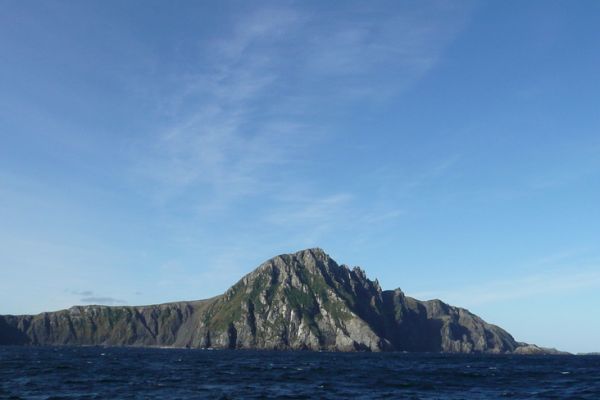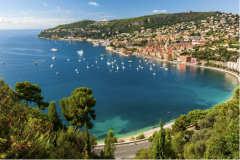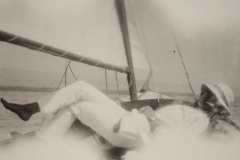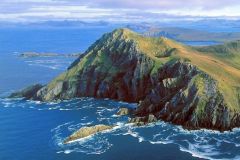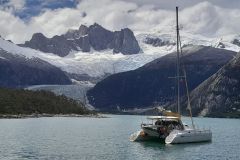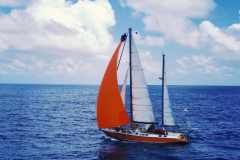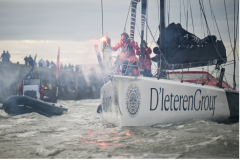Cape Horn, the ultimate symbol for navigators
Cape Horn, at the southern tip of the American continent, is much more than just a geographical cape . For sailors the world over, it represents a veritable Grail, a mythical passage both feared and dreamed of. A look back at the history and great adventures that have forged the legend of this emblematic place.
A geographical and historical landmark
Cape Horn, located at 55°59'' south latitude and 67°16'' west longitude, marks the transition between the Atlantic and Pacific Oceans. Discovered in 1616 by Dutch navigators Willem Schouten and Jacob Le Maire, it was named after the former's hometown of Hoorn in the Netherlands. It quickly became a strategic route for trading ships linking Europe to Asia and the Americas, before the opening of the Panama Canal.
Crossing Cape Horn is not without risks. High winds, powerful currents and freezing temperatures make it a real challenge for sailors. This combination of extreme meteorological factors has made this passage the scene of tragic shipwrecks and heroic stories.
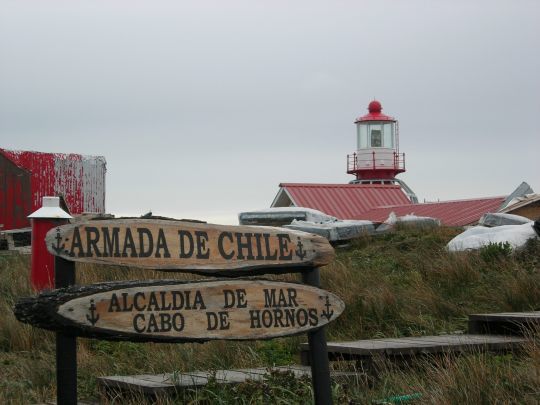
Why is Cape Horn so dreaded?
Cape Horn is located in the Howling Fifties, a zone where westerly winds often reach speeds in excess of 50 knots. Gigantic waves, sometimes over 15 meters high, add to the difficulty of the passage. What's more, the convergence of ocean currents from the Atlantic and Pacific creates unpredictable conditions.
These natural hazards explain why Cape Horn is often referred to as the "graveyard of the South Atlantic". It is estimated that over 800 ships have been wrecked here, and thousands of sailors have lost their lives.

How many sailors have rounded Cape Horn?
Although it's difficult to give a precise figure, it's estimated that only a few thousand yachtsmen have managed to round Cape Horn under sail. These include circumnavigators taking part in the Vendée Globe, the Whitbread Round the World Race (now The Ocean Race) and private expeditions by experienced yachtsmen.
An exclusive club, the "Cap Horners International Association", brings together these exceptional sailors. Passing Cape Horn is seen as an initiation rite that distinguishes amateurs from true sailors.
The great stories of Cape Horn
Joshua Slocum, the pioneer
The first sailor to round Cape Horn solo was American Joshua Slocum during his historic round-the-world voyage aboard his sloop Spray between 1895 and 1898. His feat paved the way for a new era in solo sailing.
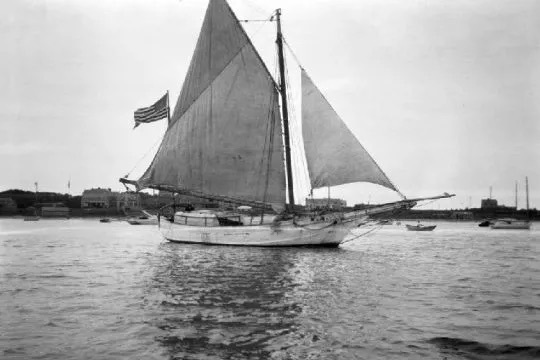
The sinking of the SS Great Republic
In 1 874, the clipper SS Great Republic was caught in a cataclysmic storm off Cape Horn. Despite the best efforts of her crew, she sank with her cargo of tea and silk, marking the history of maritime trade.
Modern heroes, Eric Tabarly and Isabelle Autissier
Cape Horn has seen some of the greatest modern sailors pass through. Eric Tabarly, the emblematic figure of French sailing, crossed it several times, inspiring generations of sailors. Isabelle Autissier, the first woman to complete a solo circumnavigation, also wrote her name into the legend by taming this formidable cape. Today, it continues to fascinate the many sailors who round it, like the sailors in the Vendée Globe who, every 4 years, can't resist taking their own snapshot in front of this rock.
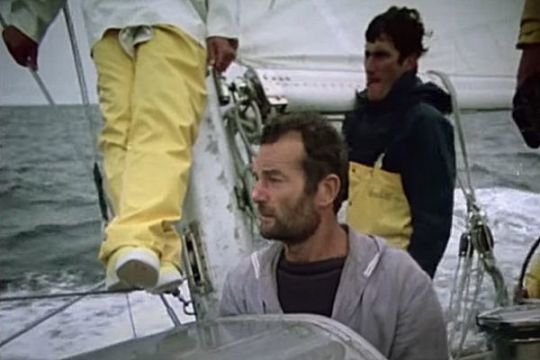
Cape Horn today
Despite technological advances in navigation and safety, Cape Horn remains a feared and respected passage. Round-the-world races such as the Vendée Globe continue to test even the most seasoned sailors. For yachtsmen, rounding Cape Horn remains a dream, often achieved in the company of experienced skippers.
Cape Horn is more than just a place. It embodies the spirit of adventure, self-transcendence and resilience. Those who have crossed it often describe the experience as a mixture of fear and fascination, etched forever in their memories.
